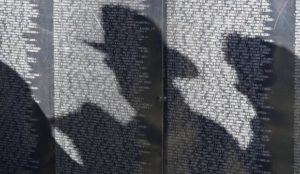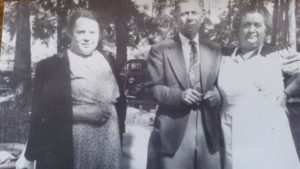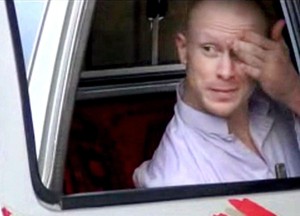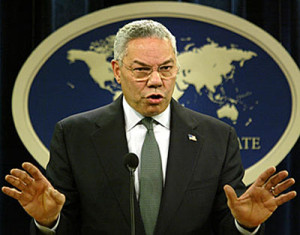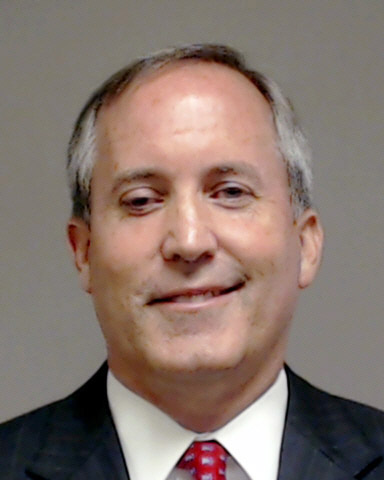They call it “The Wall That Heals.”
It has been brought to Amarillo, Texas. It has been placed at John Stiff Memorial Park in the southwest corner of the city. It is a replica of one of the most powerful memorials ever built: The Vietnam Veterans Memorial in Washington, D.C.
I intend to visit this wall. Maybe it’ll be Friday. Maybe on Saturday. Maybe both days.
Allow me this bit of candor. It won’t “heal” me. It won’t bind any emotional wounds. It won’t bring me peace that was lost long ago.
But I want to see it. I want to visit with some brethren who’ll be there to pay their respects, perhaps to one or more of the men and women whose names are etched on that wall. It contains the names of more than 58,000 mostly young Americans who died during the Vietnam War.
I’ve had the extreme pleasure of seeing the Vietnam Veterans Memorial in Washington, D.C. I’ve seen it three times. The first time was in 1990; the second in 1996; the third time just this past June.
But here’s the thing: My healing, my emotional reckoning occurred the year prior to visiting The Wall in 1990. It arrived in November 1989, while visiting Vietnam two decades after being deployed there as a young soldier.
The moment of healing occurred while I and two friends were walking along the sandy soil at Marble Mountain, just south of Da Nang, where I served as an Army aircraft mechanic during the Vietnam War. I served in a secure area. It bristled with Army, Marine Corps and Navy equipment and personnel. We shared an airfield with the Marines. The Navy had a big logistics base across the highway from our battalion.
Our guide was walking with us that day in November 1989. She told us how the Vietnamese swallowed up all that we left behind when our military involvement in Vietnam ended in 1973.
That’s when it overcame me. I started sobbing. I cried hard, man! It lasted about two, maybe three minutes. Then it was over. I wiped the tears off my face. I took a deep breath.
Then I realized it: The war is over!
That was my healing moment.
I hope this weekend to share that experience with fellow vets who haven’t had the honor I received when I returned to that beautiful land. I also hope the wall will heal them them, too.
